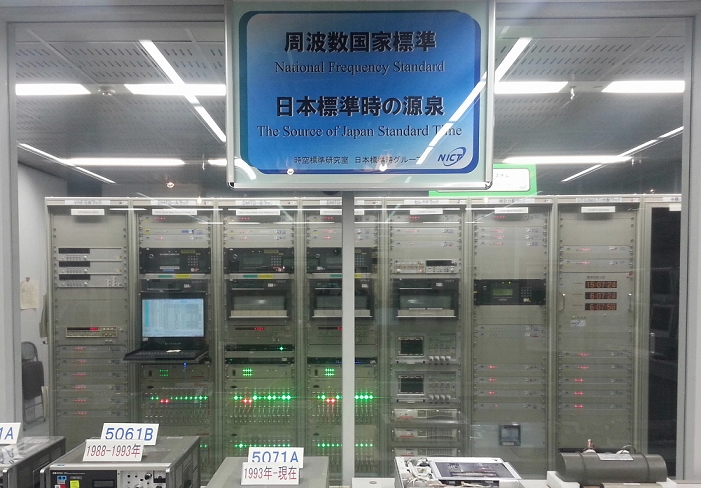
ED
70 years since the end of World War II] Atomic clocks at the National Institute of Information and Communications Technology, which manages Japan's standard time.
The atomic clock in the National Institute of Information and Communications Technology (Koganei City, Tokyo), an independent administrative agency that manages Japan's standard time. In 1972, a "leap second" adjustment was made in order to compensate for the error with the earth's rotation. In July this year, the leap second system will be implemented for the first time in three years, but there are fears that it could cause computer malfunctions. "Many people feel that there is no need to take the risk of implementing leap seconds," said Yuko Hanado, head of the Space-Time Standards Division at the institute.
Details
ID
26810849
Collection
License type
Editorial
Photographer
Restrictions
Authorization requested before purchase
Authorization requested before purchase
Authorization requested before purchase
Creation date
16-03-2015
Contact Aflo for all commercial uses.

More
Top Categories
